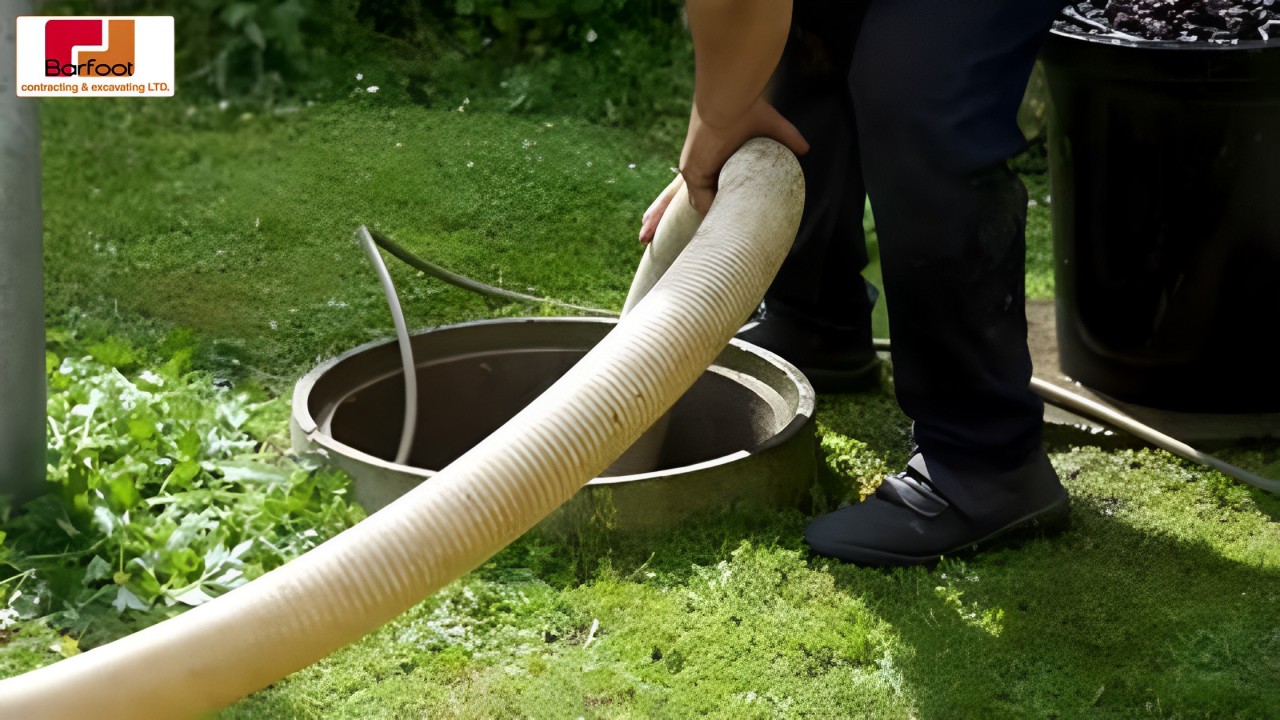
A septic system is a key part of your home. It handles wastewater and helps keep your environment clean. Regular maintenance of this system is crucial for its proper function and longevity. Here’s why keeping up with septic system maintenance is so important.
What is a Septic System?
It manages and treats wastewater from your home. It includes two main parts: the septic tank and the septic bed. The tank is an underground container where solids settle. The liquid flows out to the drain field, where the soil helps further treat the wastewater. The system relies on natural processes to break down waste and filter it.
Why You Need Regular Maintenance
1. Prevent System Failures
Regular maintenance helps prevent system failures. Without it, problems like blockages, leaks, or overflows can occur. These issues can be costly to fix and may pose health risks. Keeping up with maintenance helps catch small problems before they become big ones.
2. Avoid Costly Repairs
If you don’t maintain your septic system, you might face expensive repairs. Fixing issues or replacing parts can be pricey. Regular check-ups help spot minor problems early, saving you money over time.
3. Protect the Environment
Maintaining your septic system is good for the environment. If the system leaks or overflows, it can contaminate groundwater and soil. This can harm local water sources and ecosystems. Proper maintenance helps prevent these environmental issues.
4. Extend Your System’s Life
Regular maintenance can make your septic system last longer. By keeping the tank and drain field in good shape, you reduce wear and tear. Routine tasks like pumping and inspecting help keep everything working well.
5. Ensure Proper Wastewater Treatment
The tank separates solids from liquids. If the tank isn’t emptied regularly, solids can clog the septic bed. This affects the system’s ability to treat wastewater properly. Maintenance ensures that the tank is emptied as needed and that the system works correctly.
Key Maintenance Tasks
1. Regular Pumping
Pumping the tank is crucial. Depending on your tank size and household size, it should be done every 3 to 5 years. Pumping removes sludge and scum, preventing blockages and ensuring proper flow.
2. Inspect the System
Regular inspections are important. A professional checks the tank, septic bed, and other parts of the system. They look for leaks, blockages, or other issues that need fixing.
3. Check the Drain Field
The drain field needs attention too. Make sure it’s not clogged or oversaturated. Regular maintenance includes checking for problems like standing water or unusual plant growth, which could signal issues.
4. Avoid Harmful Substances
Be careful about what you flush down the drain. Avoid grease, chemicals, or non-biodegradable items. These can disrupt the natural processes in your septic tank and cause problems. Use septic-safe products and be mindful of what goes into your system.
The Bottom Line
Regular maintenance is key for keeping your septic system running smoothly. It helps prevent failures, saves on repair costs, protects the environment, and ensures efficient wastewater treatment. By staying on top of tasks like pumping and inspections, you can keep your system in good shape and avoid major problems.
For professional help with your septic system, Barfoot Contracting is a great choice. They offer expertise in septic system maintenance, helping you keep your system in top condition. Regular upkeep is not just a good idea; it’s essential for a healthy and effective septic system.
Comments